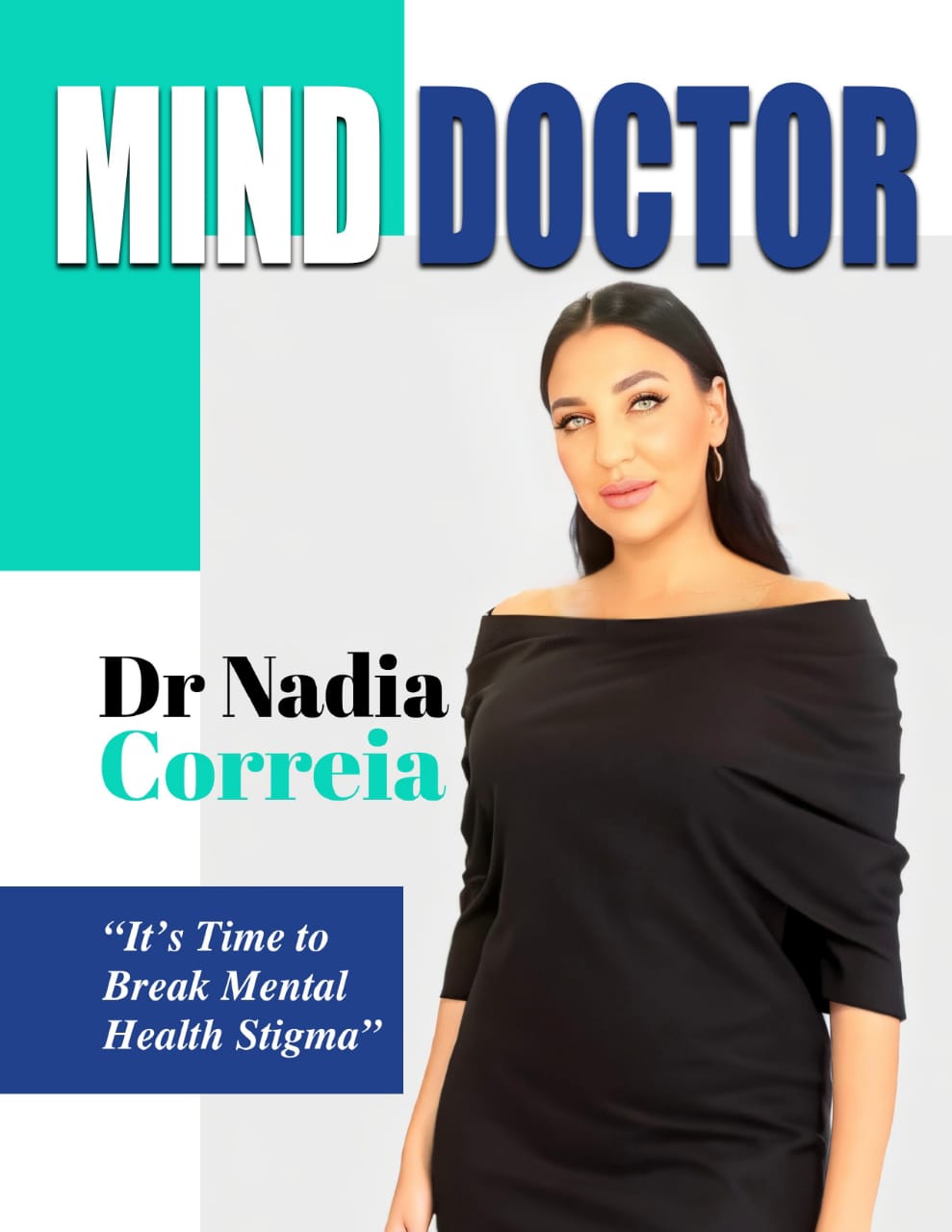Narcotic Abuse And Treatment
Opioids are narcotic medications that bind into receptors in the brain. This binding produces a substance known as endorphins that provides a sense of euphoria or a feeling of being “high.” Our body has natural endorphins but they are not addictive since it is well regulated by the limbic system. Addictive opioids are the ones manufactured in the laboratory or manufactured by plants.
Effects of Opioids
Pain relief and sedation are the therapeutic effects of opioids. People feel a satisfying sensation after taking the medication because of the effect of endorphins. Others reported that they’re more motivated and energized when they take opioid medicines. Few of them also experience vomiting and nausea. People who experience euphoria while taking the medication are more vulnerable to addiction to opioids.
Tolerance To Opioid
Opioid tolerance happens when the normal dosage of the medicine could not achieve the same euphoric effects. The longer the abuser use the drug the higher is the dosage required to experience a mental high. When this persists there’ll be no much difference between the dose the abuser takes and the deadly dosage of opioids.
Physical Dependence
Physical dependence takes place when the person couldn’t live without the drug’s effect anymore. Failure to take the medication for a number of hours or days would cause painful withdrawal symptoms. The body has been utilized to the effect of opioids and abruptly stopping the medicine will cause cellular upset. To prevent these unwanted symptoms abusers tend to take opiates again despite of the desire to stop taking these drugs.
Therapy
The initial step to healing in people with addiction from opioids is acceptance and understanding on the part of the family and the abuser. The family should discuss the problem to the addict and convince them to seek treatment immediately. The addict must be fully convinced about stopping the addiction and really serious on finishing the treatment program. Withdrawal symptoms will worsen if the interventions aren’t completed.
Support Groups
Abusers often think they can’t live without the medicine and that their brain still craves for it. Support groups such as SMART Recovery and Narcotics Anonymous are helpful in encouraging the addict to change his mindset regarding his addiction problem. They prepare the patients to live normal lives in the society through helpful counseling and lectures.
Narcotic addiction is not hard to break. Let go of it fully and choose to live a drug-free life.



